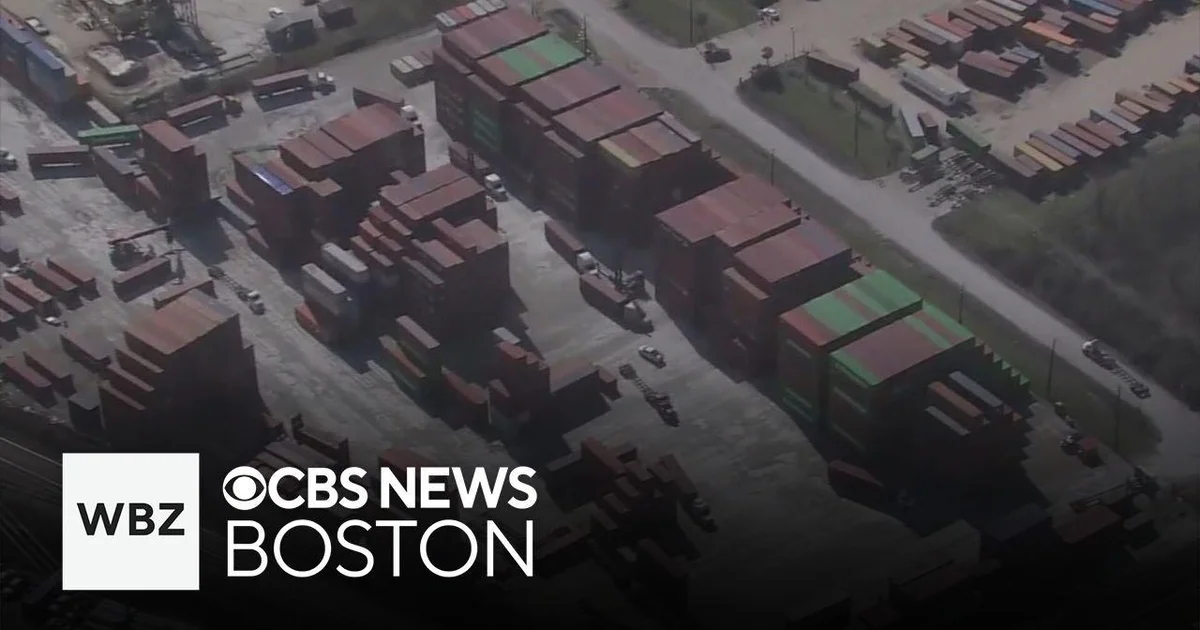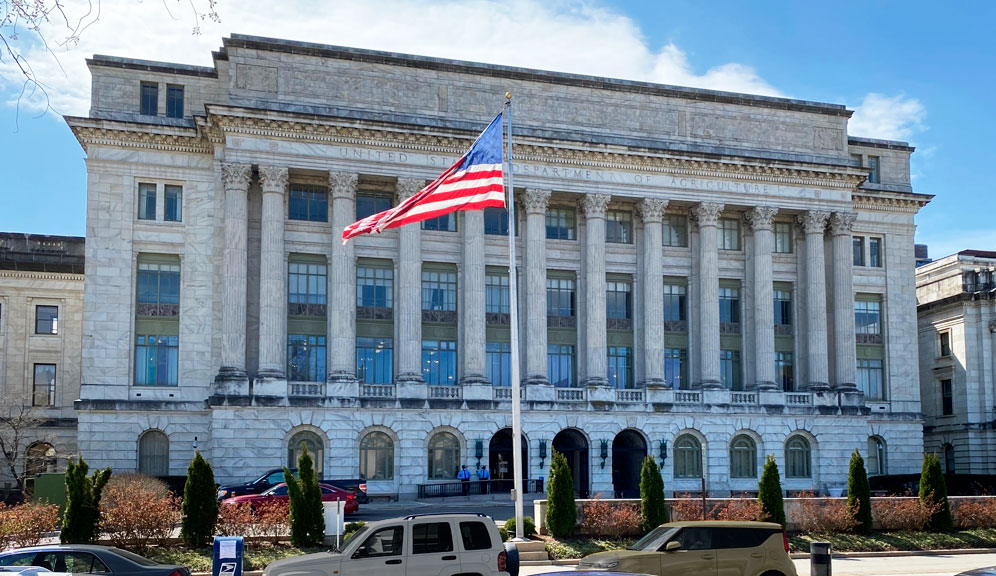The heartland of America is facing a catastrophic betrayal as President Trump’s administration moves to obliterate the Food for Peace program, a critical lifeline for both Kansas farmers and global food security. This isn’t just a policy shift; it’s an assault on the very fabric of agricultural sustainability and humanitarian aid.
Food for Peace Program Faces Total Destruction
The Food for Peace initiative, which has historically delivered excess agricultural products to hungry populations worldwide, is effectively dead. With its roots in the Kansas soil, this program was a testament to American compassion and agricultural prowess. Now, as reported by historical accounts, it has been thrown into a wood chipper by the Trump administration, which labels it as “inefficient” and “wasteful.” This rhetoric is not just misleading; it is a deliberate distortion of a program that has fed billions.
Farmers Left in the Lurch
For farmers in Kansas, this is a double whammy. Agriculture comprises nearly half of the state"s economy, and the impending cuts threaten to devastate local farmers who are already struggling with volatile prices and dwindling markets. According to recent reports, last year Kansas exported half of its wheat crop, but now those markets are drying up. The prospect of selling grain that once nourished families overseas as animal feed is a grim reminder of how far we have fallen.
Economic Implications of Food Aid Cuts
The cuts to the Food for Peace program are not just an agricultural issue; they are an economic catastrophe waiting to happen. Farmers rely on stable export markets to maintain their livelihoods, and when those markets collapse, the ripple effects are felt throughout the entire economy. As noted in a report by research on food assistance programs, food aid plays a crucial role in supporting agricultural prices and ensuring economic stability.

Disputes over USAID may be jeopardizing food shipments in Boston earmarked for those in need
Political Ramifications for Rural America
The political fallout from these cuts is likely to be profound. Kansas voters, who overwhelmingly supported Trump, are now witnessing the detrimental effects of his policies on their livelihoods. The irony is palpable: the very farmers who helped elevate him to power are now being sacrificed on the altar of misguided fiscal conservatism. Kansas lawmakers attempted to push back against these cuts, but their voices were drowned out by the administration"s relentless focus on slashing programs that benefit the most vulnerable.
Rising Food Insecurity in America
As the Food for Peace program faces elimination, the implications for food insecurity are dire. A study published by the National Institutes of Health highlights how U.S. food policy is intricately linked to global food security. The decision to dismantle this program will not only exacerbate hunger abroad but will also increase food insecurity within the United States. The notion that cuts to foreign aid will somehow bolster domestic economics is a dangerous fallacy.
Confronting the Failure of U.S. Food Policy
The dismantling of the Food for Peace program is emblematic of a broader failure in U.S. food policy, which has increasingly prioritized corporate interests over human needs. As reported by the USDA, effective food assistance programs are essential for ensuring that families can access nutritious food. The Trump administration"s neglect of these programs signals a troubling trend that could have long-lasting consequences for both domestic and international communities.
Farmers and advocates for food justice must unite to challenge these harmful policy shifts. As we witness the erosion of vital food assistance programs, it becomes increasingly clear that the fight for economic justice is intertwined with the fight for food security. The time for action is now.

Visit NIFA | NIFA







![[Video] Gunfire between Iraqi security forces and Sadr militias in Baghdad](/_next/image?url=%2Fapi%2Fimage%2Fthumbnails%2Fthumbnail-1768343508874-4redb-thumbnail.jpg&w=3840&q=75)
